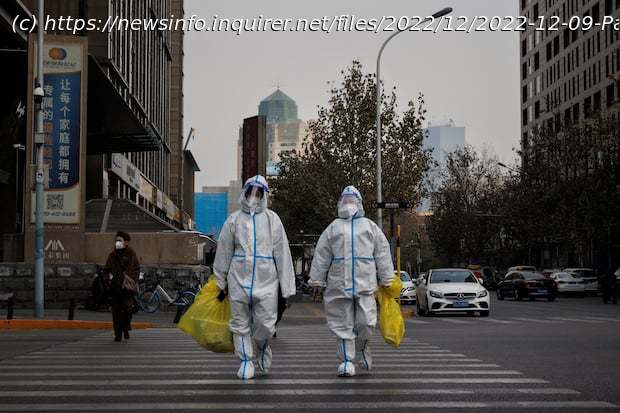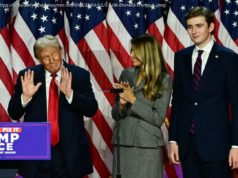Array
Judging by Friday’s quiet streets in China’s capital Beijing and the reluctance of some businesses to drop COVID curbs, enduring anxieties about the coronavirus are likely to hamper a speedy return to health for the world’s second-largest economy.
Although the government on Wednesday loosened key parts of its strict “zero-COVID” policy that has kept the pandemic largely at bay for the past three years, many people appear wary of being too quick to shake off the shackles.
In the central city of Wuhan, where the new coronavirus erupted in late 2019, there were more signs of life with some areas busy with commuters on Friday. But residents say a return to normal is a long way off.
“They’ve relaxed the measures but still there’s nobody about,” said a taxi driver surnamed Wang, who didn’t want to give his full name.
“You see these roads, these streets … they ought to be, busy, full of people. But there’s no one. It’s dead out here.”
Yet China has been anything but placid during the past few weeks, with protests against COVID curbs in many cities that marked the biggest show of public discontent since President Xi Jinping came to power a decade ago.
Some of those protesters, tracked down by China’s security apparatus, now face an anxious wait about their fate.
Little more than a month after the National Health Commission stressed commitment to its strict virus containment policy, saying it was “putting people and lives first,” authorities have changed tack and are now telling people they have less to fear.
The commission announced on Friday that they will convert temporary facilities used for treating COVID patients into permanent hospitals to boost treatment efforts.






